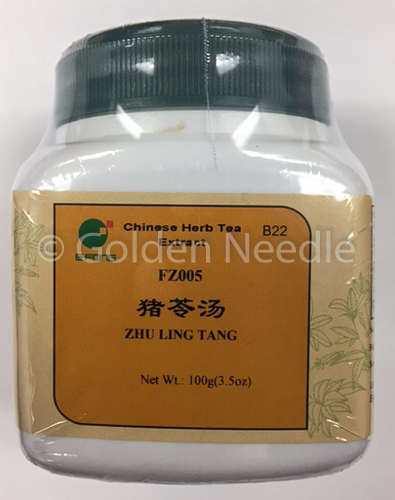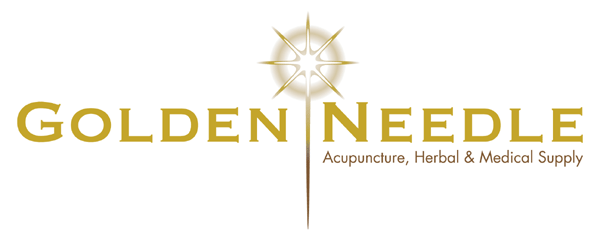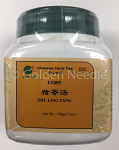Zhu Ling Tang Granules

Zhu Ling Tang Granules
| SKU | EF409 | |
| Brand | E-Fong Granule Formulas | |
| Unit Size | 100 gram bottle (5:1 extract granules) | |
| Dosage | As directed | |
| Properties | Source Text: Discussion of Cold-induced Disorders (Shang han lun) | |
| Contraindications | It is not for a person who does not have Heat symptoms caused by Yin Deficiency, or who does not have blood in urine. | |
| Chinese Symptomology | Thirst with a desire to drink beverages; fever; irritability; difficulty urinating; blood in urine; urinary tract inflammation; urinary disorder caused by Kidneys or Bladder infection; nausea; insomnia; may have burning and/or painful sensation while urinating. | |
| Western Symptomology | Upper or lower urinary tract infection and hemorrhagic shock. - Bensky | |
| Actions | Promotes urination, clears heat, and nourishes the yin. - Bensky | |
| Pattern | Urinary difficulty caused by Coldness entering the Yang-Ming or Shao-Yang stage where it transforms into Heat, Heat battles with Water resulting in the Stagnation of Heat and Water. | |
| Pulse | Usually floating or rapid. | |
| Chinese name | Zhu Ling Tang Granules | |
| English name | Polyporus Combination Granules | |
| Description | According to the source text, this [formula] is [for] injury from cold entering the yang brightness or lesser yin stage where it transforms into heat. The heat battles with the water (controlled by the Kidneys, the organ corresponding to the leg lesser yin channel), which leads to clumping of water and heat. Heat also injures the yin (fluids) and disturbs the water pathways, resulting in urinary difficulty. It is also common for this pattern to develop in patients with constitutional yin deficiency and invasion of heat into the lower burner. Heat gives rise to fever. Injury to the fluids and obstruction of the water pathways causes thirst with a desire to drink (in contrast to thirst without a desire to drink, which is characteristic of damp-heat). When fluids cannot be eliminated through the urine they are eliminated through the stool, resulting in diarrhea. If the disturbance of the water pathways affects the flow of qi in the Lungs, there will be coughing. If the disturbance affects the middle burner, there will be nausea. Vigorous heat due to yin deficiency agitates the Heart and leads to irritability and insomnia. What is special about this formula is its ability to promote urination without injuring the yin, and to stabilize the yin without causing the retention of pathogenic influences. In large part, this is due to the use of Gelatinum Corii Asini (e jiao), which is better able to maintain this delicate balance than such substances as Radix Rehmanniae Glutinosae Conquitae (Shu di huang). Both Five-Ingredient Powder with Poria (wu ling san) and Polyporus Decoction (zhu ling tang) treat urinary difficulty due to disturbances of the water pathways by promoting urination. Both formulas contain Sclerotium Poriae Cocos (fu ling), and Rhizoma Alismatis Orientalis (ze xie). The difference is that the former treats a condition where the disease is still active in the exterior by focusing on unblocking the flow of yang to encourage the transformation of qi, while the latter treats pathogenic influences which have transformed into heat in the interior by clearing the heat and nourishing the yin. --Bensky: Chinese Herbal Medicine, Formulas and Strategies.* |
|
| Ingredients | Zhu Ling (Polyporus umbellatus) - 20% Fu Ling (Poria) - 20% Ze Xie (Alisma) - 20% E Jiao (Equus asinus) - 20% Hua Shi (Talcum) - 20% |
|






